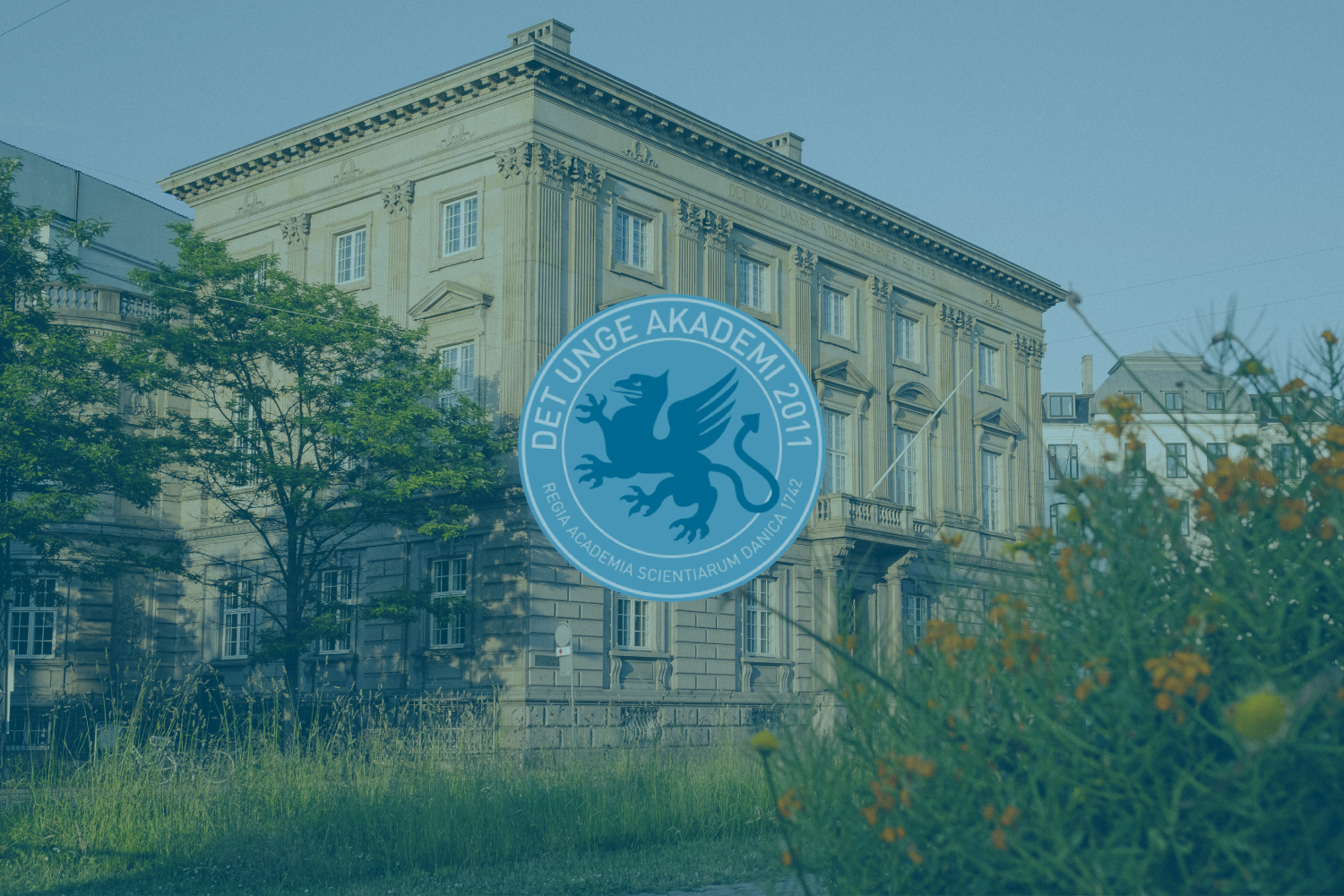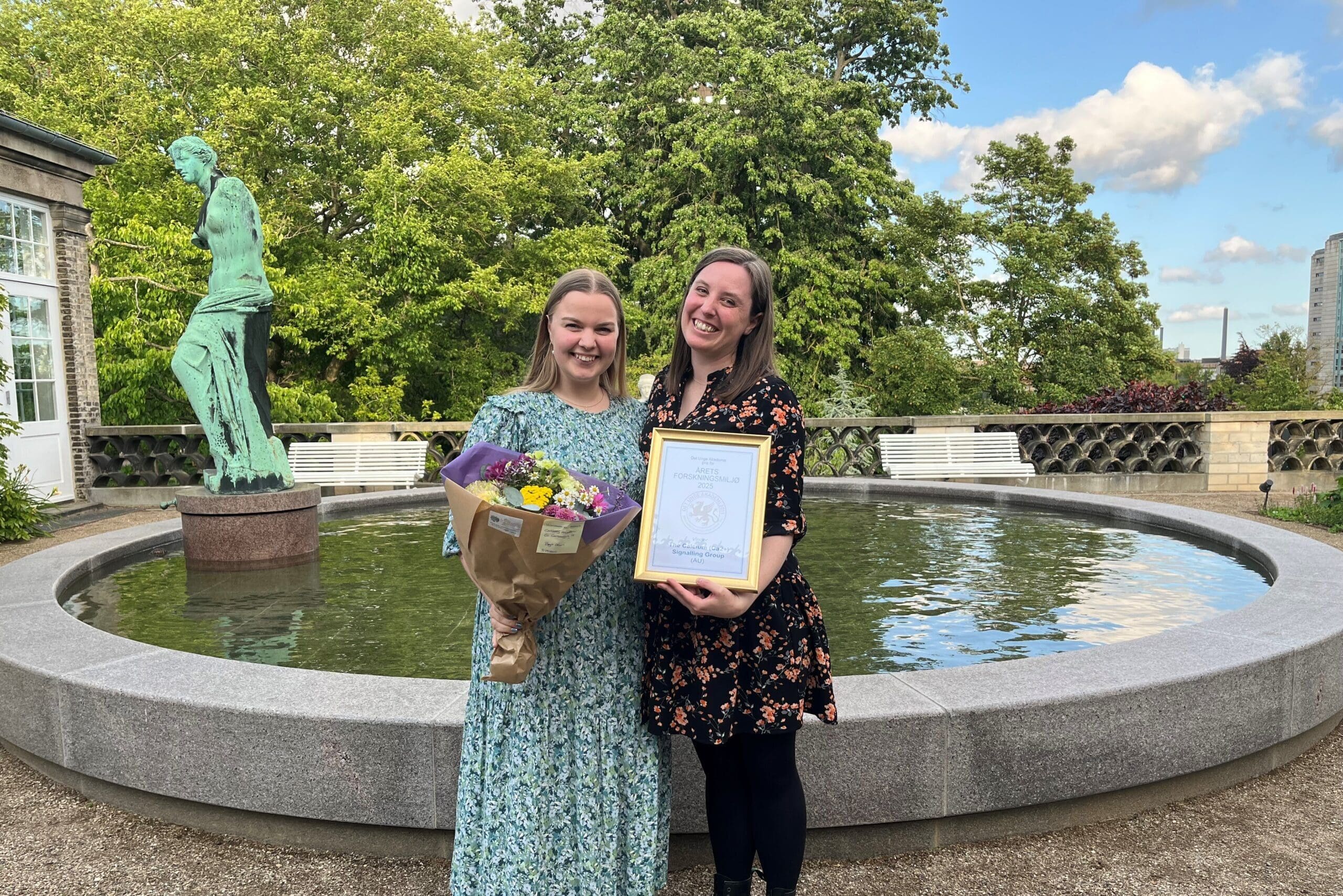If you are an early career researcher, you can now nominate your research environment for the Danish Young Academy’s Research Environment of the Year 2025 award and win DKK 10,000 for an academic or social event.
Good research environments foster better research and happier researchers.
At the Young Academy of Denmark we know how important it is to be part of strong and healthy research communities in order to ensure and support the talent development of early-career researchers. For this reason, we launched an annual award in 2022 to recognize the importance of good research environments for the work, performance, and well-being of each individual scholar, and to acknowledge the contribution of each participant to the research community. We aim to inspire a conversation about the qualities that characterize the best research environment.
Nominations for the Research Environment of the Year 2025 award are now open. The prize is DKK 10,000 to support an academic or social event in your research environment. You can read about the background for the award and what we learned about great research environments from reading the many inspiring nominations that were submitted in previous years. Since we receive so many award-worthy nominations from outstanding environments, we strongly encourage previous applicants to resubmit their updated nominations.
Who can nominate a research environment for the award?
You must be at least two early-career researchers at the academic level of master, PhD, postdoc, or assistant professor and be employed at a Danish research institution to nominate your research environment for the award. We welcome nominations from all disciplines, institutions, and research fields and welcome resubmissions from past applicants.
What are our assessment criteria for the nominated research environments?
We find it particularly important that early-career researchers receive supervision, feedback, and good development opportunities. There are several ways of supporting these aims. For example, a good research environment may foster excellence and creativity in research, the testing of new ideas, collaboration, clear early-career paths, and well-being and mental health for all members of the community. We look forward to hearing what a good research environment means to you and are open to new formats and ideas.
How do we define a “research environment”?
- It may be a formal or informal network, e.g. a PhD network or an outreach network
- It may be a research cluster that connects researchers across different disciplines
- It may be a research group with a supervisor and two or more PhD students or postdocs
- It may be a research environment with a horizontal or vertical structure
- It may be a digital and/or physical environment
How can you nominate your research environment?
You should submit a short nomination that addresses the following points:
- Provide a brief description of the nominated research environment, including your topic of research, the location and size of your research environment, and your affiliation to it.
- Why does your research community deserve the Research Environment of the Year award?
- How has the collaboration of your research environment fostered your research, developed you as early-career researchers, and enhanced your career opportunities?
The nomination can address one or more of the following questions:
- How do you support creativity, and how do you make room for mistakes?
- How do you share successes and failures?
- What do you do to create a sense of belonging, groupness and/or embrace diversity?
- What plans do you have for further developing your research environment?
Please provide concrete examples, not just of social activities, but also of research and career-related initiatives. Examples of top-down initiatives and bottom-up initiatives are both encouraged.
The application deadline is 15 March 2025. The prize is awarded in June 2025. If you have any questions, please contact: vkn@videnskabernesselskab.dk


